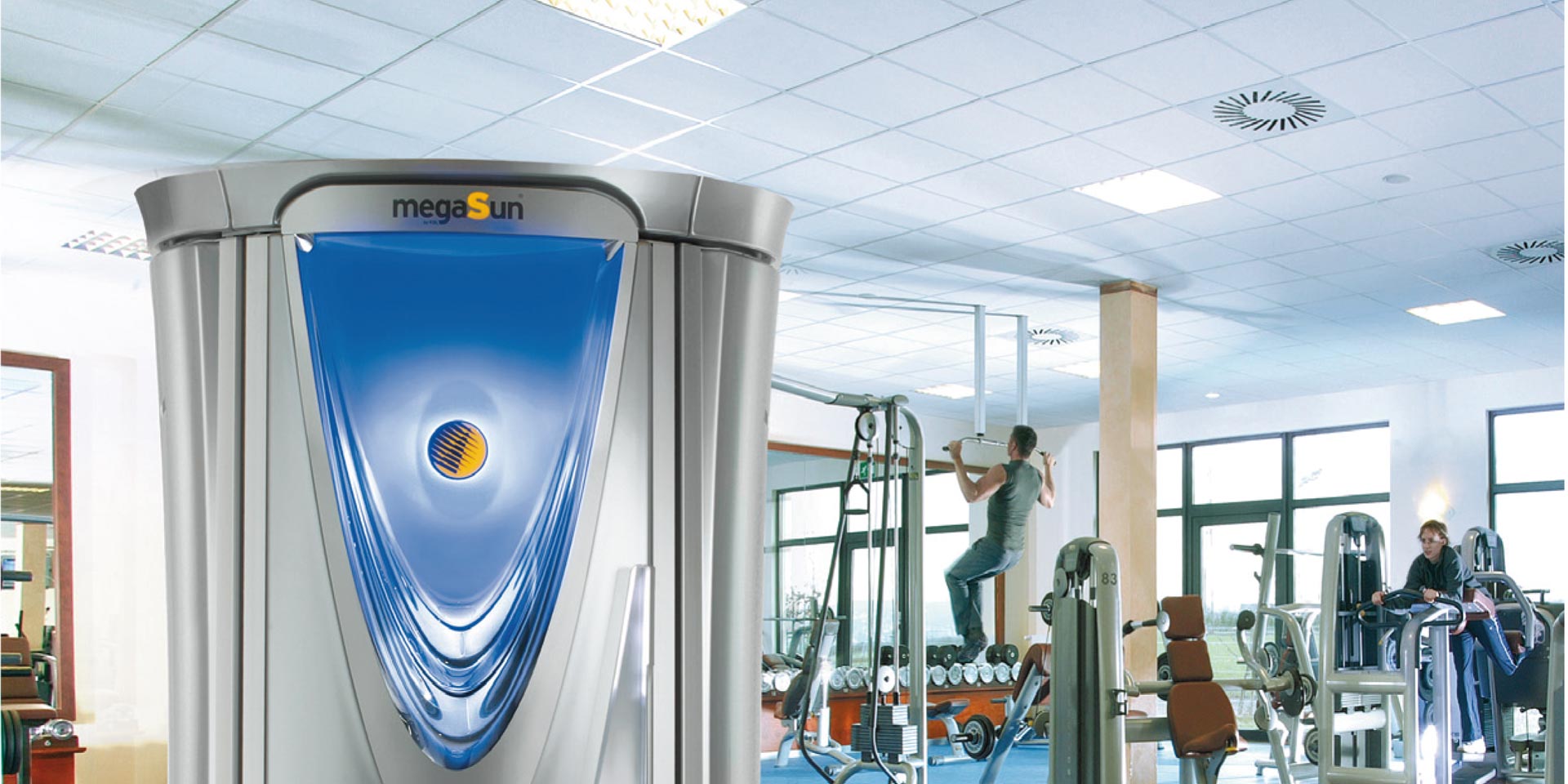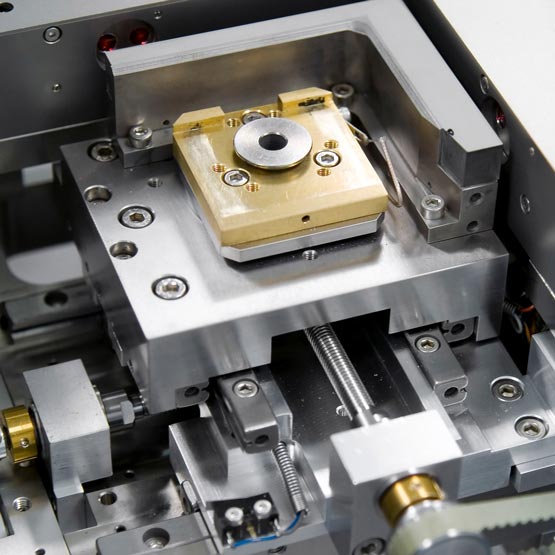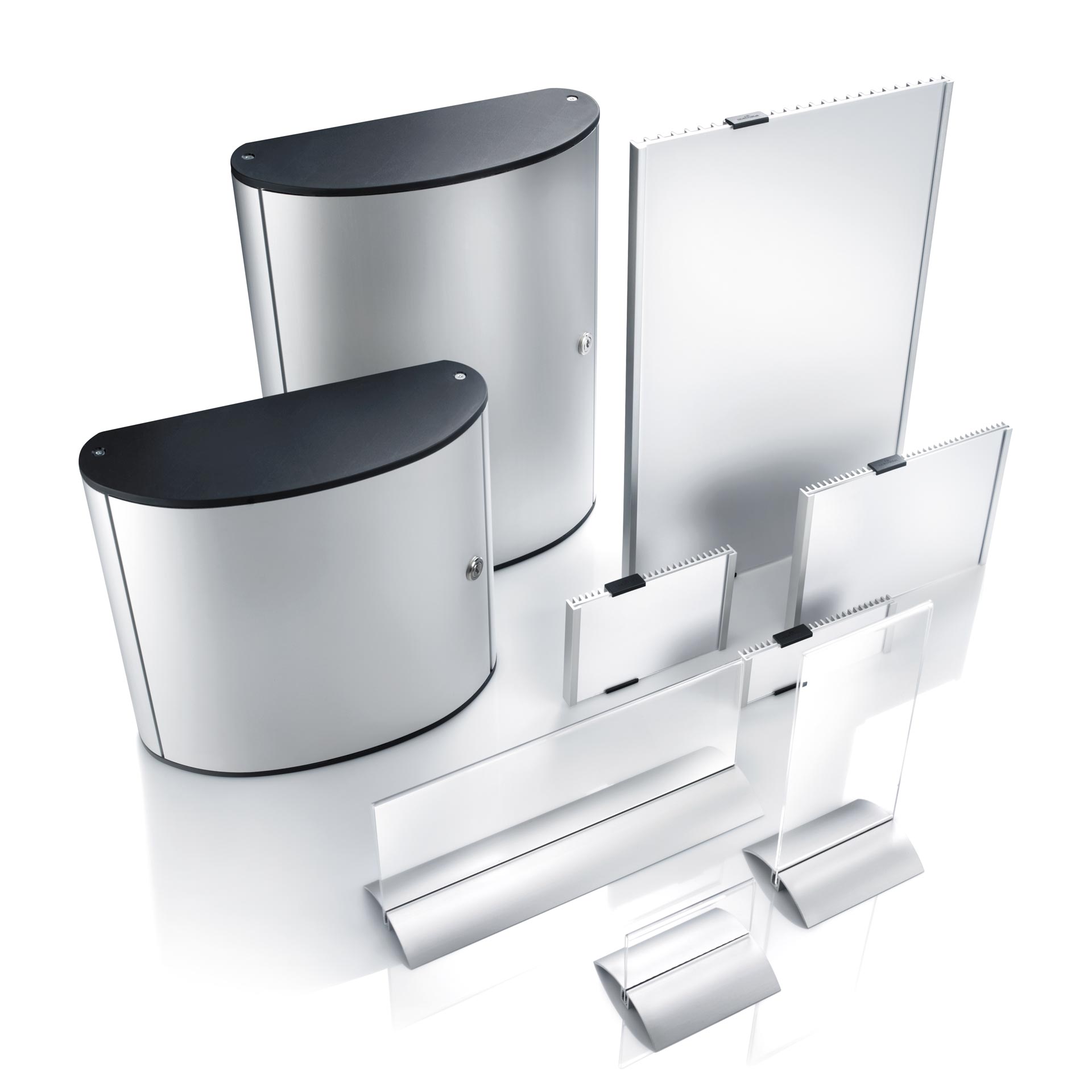Transportation
Aluminium is true all-rounder. With its applications in cars, commercial vehicles, and railway transportation, aluminium is not only interesting from an ecological point of view but also from an economic one. Wherever aluminium is used in means of transportation, its low weight helps reduce the amount of fuel needed. It is also extremely sturdy, corrosion resistant and saltwater-proof, which makes it an ideal material for aircraft construction as well as ship and yacht building.
Mechanical engineering
Aluminium sets standards in mechanical engineering with high precision, modern design, and extreme durability. These complex properties, in combination with great corrosion resistance, may be accurately adapted to individual applications. Progressive tool technology allows users to develop a powerful product at economical prices.
Electrical engineering
Aluminium is used in almost all areas of electrical engineering. The material is used as an electric conductor, for constructive components and as a heat conductor. The low weight of the light metal is another advantage. With the appropriate surface treatment, aluminium can even be used as an insulator.
Construction Industry
What would modern buildings be without aluminium? Windows, doors, and curtain walls without effective thermal insulation, roof and wall systems, handles, fittings, and light scaffolding are hard to imagine without this material. Its advantages are obvious: Aluminium is durable, extremely sturdy, and very low-maintenance.






